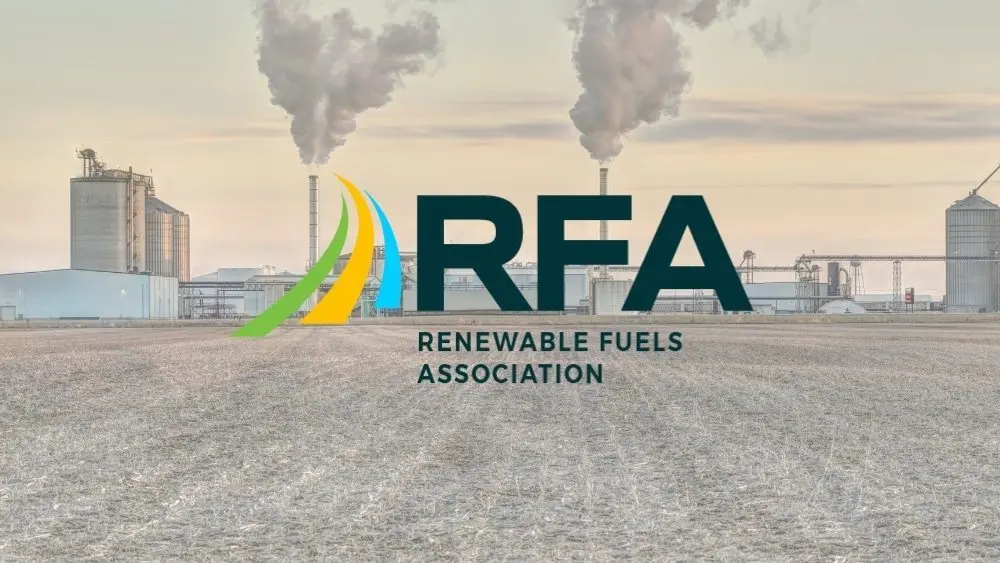
The Renewable Fuels Association today thanked Sens. Joni Ernst (R-IA) and Amy Klobuchar (D-MN) and Reps. Adrian Smith (R-NE) and Nikki Budzinski (D-IL) for leading the introduction of the bipartisan Ethanol for America Act in the Senate and House, which would require the U.S. Environmental Protection Agency to finalize a proposed rule from January 2021 that streamlines E15 fuel dispenser labeling and equipment compatibility demonstration requirements.
“We thank Sens. Ernst and Klobuchar, and Reps. Smith and Budzinski, for introducing this common-sense legislation, which would lower pump prices for American consumers, bolster U.S. energy security, and open new markets for our nation’s family farmers,” said RFA President and CEO Geoff Cooper. “The most effective way to keep a lid on gas prices is to expand and diversify the domestic fuel supply with higher ethanol blends like E15. Knocking down regulatory barriers and allowing E15 to be stored and distributed in existing infrastructure will lower fuel costs for Americans and strengthen the market’s resilience against global supply disruptions.”
Also signing on as original cosponsors to the Senate bill, S. 2591, are Sens. Chuck Grassley (R-IA), Deb Fischer (R-NE), Tammy Duckworth (D-IL) and Richard Durbin (D-IL). In the House, additional original cosponsors to H.R. 4864 include Reps. Dusty Johnson (R-SD), Tracey Mann (R-KS), Derek Schmidt (R-KS), Mike Flood (R-NE), Randy Feenstra (R-IA) and Brad Finstad (R-MN).
In a June letter to President Trump, Cooper detailed how outdated regulatory barriers are blocking larger volumes of ethanol and fuel blends like lower-cost, American-made E15 from reaching the marketplace. “Confusing and restrictive E15 infrastructure regulations remain in place, leading many U.S. retail station operators to mistakenly believe they must upgrade or replace their existing fuel dispensers, storage tanks, or other equipment before they can offer E15,” he wrote. “This hesitancy to offer E15 persists despite a substantial body of research demonstrating that the vast majority of existing equipment in the market today is fully compatible with E15.”



